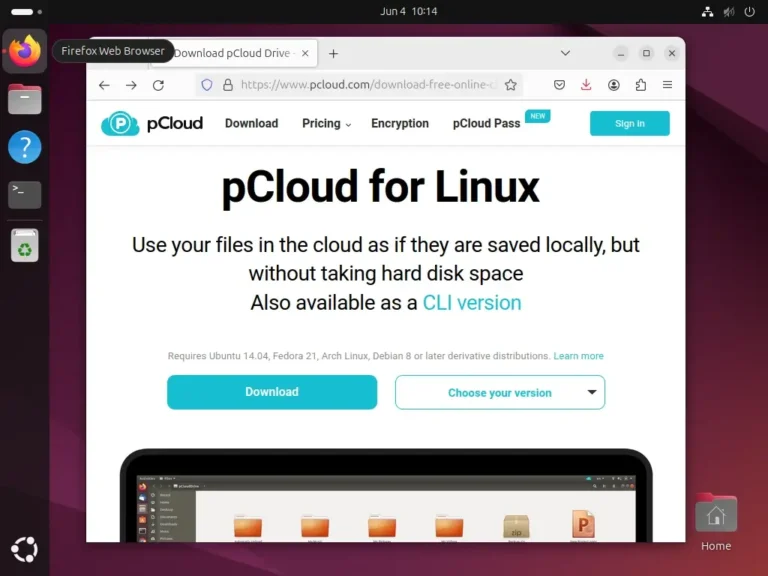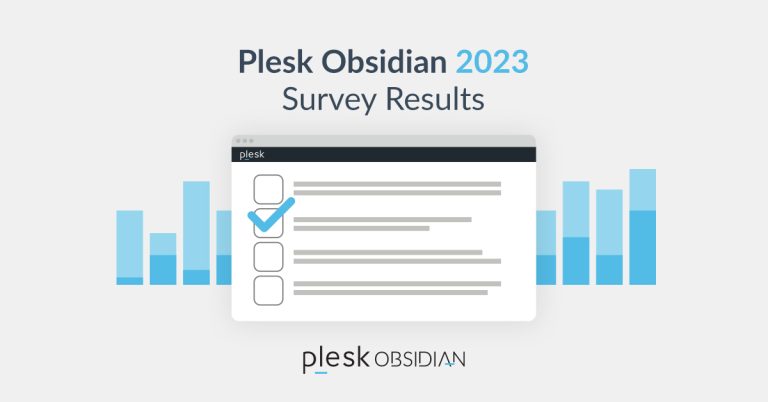“9 Key Steps to Guarantee Complete Security for Your Private Cloud”
Cloud computing has seen a significant transformation over the past decade, and private cloud security is a crucial concern. With a growing number of enterprises using cloud services, the question arises: should we opt for private or public cloud for better security?
Private clouds offer security advantages due to their dedicated, single-user system and isolated access. However, they come with higher infrastructure costs and maintenance considerations. Public clouds, on the other hand, provide scalability and cost savings but may pose security risks due to their multi-tenant nature.
When choosing between types of cloud computing, businesses commonly consider public, private, or hybrid models. Public clouds are third-party resources rented for a fee, while private clouds are dedicated to a single user and offer more control over security. Hybrid clouds integrate both models, offering the benefits of public cloud scalability combined with private cloud security for sensitive data.
Multi-cloud models use multiple cloud services within a single architecture, allowing for high availability and redundancy. Other models include Big Data clouds, community clouds, and poly clouds.
To secure your private cloud, it is essential to implement threat detection systems, physical security measures, disaster recovery plans, staff education on security best practices, data encryption, firewalls, server hardening, website security with SSL certificates, and web application protection.
Ultimately, whether you choose a public, private, or hybrid cloud solution will depend on your security priorities and business needs. Cloud services offer flexibility and accessibility, making them a permanent fixture in the technology landscape. With careful research and consideration, you can find the right service that meets your security requirements.





